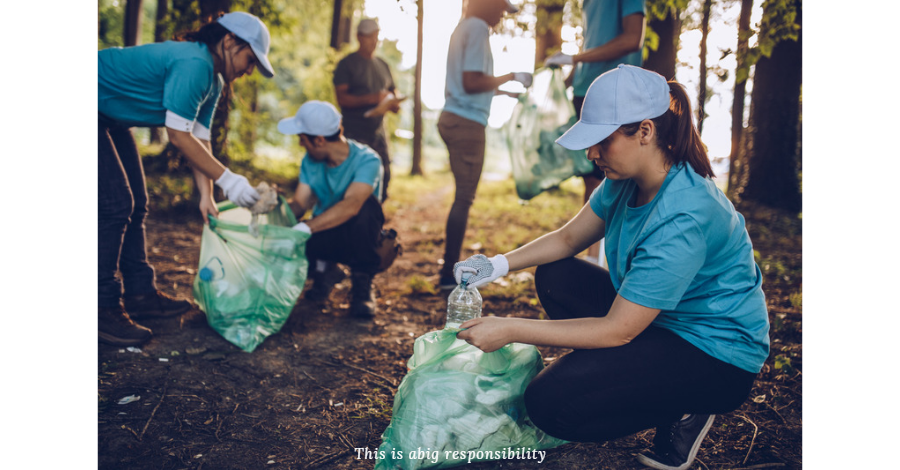
Taking care of the environment is important because it helps eliminate the effects on the environment.
Original: Doing these things help reduce the environmental damage caused by nature.
When necessary, use light switches to illuminate rooms. Close blinds, curtains and windows to take advantage of sunlight.
Don’t clear cut or burn down the woods. Instead, maintain the native vegetation.
Artesian wells require government permission to be drilled. Also, don’t change waterways or wetlands; these are legally protected areas.
electronics should be switched off when not in use.
Store door sealing gums in good condition and separate the refrigerator and freezer from the stove.
Tips 6 through 15 concern maintaining the work environment.
Iron-on patches must not be passed over or forgotten.
Don’t toss garbage on slopes or vacant lots.
On the day of collection in your neighborhood, separate recyclables such as metal, plastic, paper and glass and throw them on the street.
You can reuse old toys, books, clothes and games you no longer use.
Restore wooded areas and produce green zones through help.
Bathrooms can easily use solar energy for heating instead of electricity.
Prepare clean water to wash surroundings and collect rainwater.
Buying furniture made out of wood that isn’t certified as FSC or a “green seal” is a bad idea. The wood must be legally harvested without damaging the environment’s primary forests.
When possible, use public transit and bicycle rides when leaving your car in the garage. Avoid walking around with your car if possible.
Avoid purchasing items that require a refill; also avoid purchasing containers and papers that will only be used once.
Additional suggestions for keeping the world healthy can be found in Tips 16 through 25.
Use paper products that are created from recycled material whenever possible.
Don’t buy large canvas or fabric bags when shopping— instead reuse plastic bags.
Leave the register valve closed when you’re not using the stove.
Covering the pans speeds up the food’s preparation and reduces use of fuel.
Leaving the instant-on pilot light on when using a gas-heated shower may cause damage.
Keep fish from being caught at work— respect the time periods during which work is prohibited.
When possible, immediately deposit any garbage into a nearby garbage can.
To grow your vegetables or vegetables without toxic compounds, consider using less of this harmful chemical.
Running lubricating or cooking oils down the drain isn’t a good idea;
Expose children to the love and respect of nature.
Why professionals need to work safely is explained in the Safety Toolbox Talk.
Understanding the basics of fall protection helps you understand the basics of fall protection. This includes understanding the different types of equipment used.
NOTE
Safety Talks are important HSE management tools, in addition, they have the function of instructing employees before starting their work activities.
IMPORTANT: The content is merely suggestive and designate for the reality of a theoretical service front. Thus, all Safety Talks are generic, so they must be adapted to the reality of the work fronts by the HSE professional (Safety, Environment, and Health) or leaders of the company or sectors. The responsibility of the Safety Talks is exclusively the person who will be carrying out the dialogue on the work fronts!!!
Safety ToolBox Talk
Source: https://euqueroajudarcuritiba.com – Labor Climate
0 Comentários